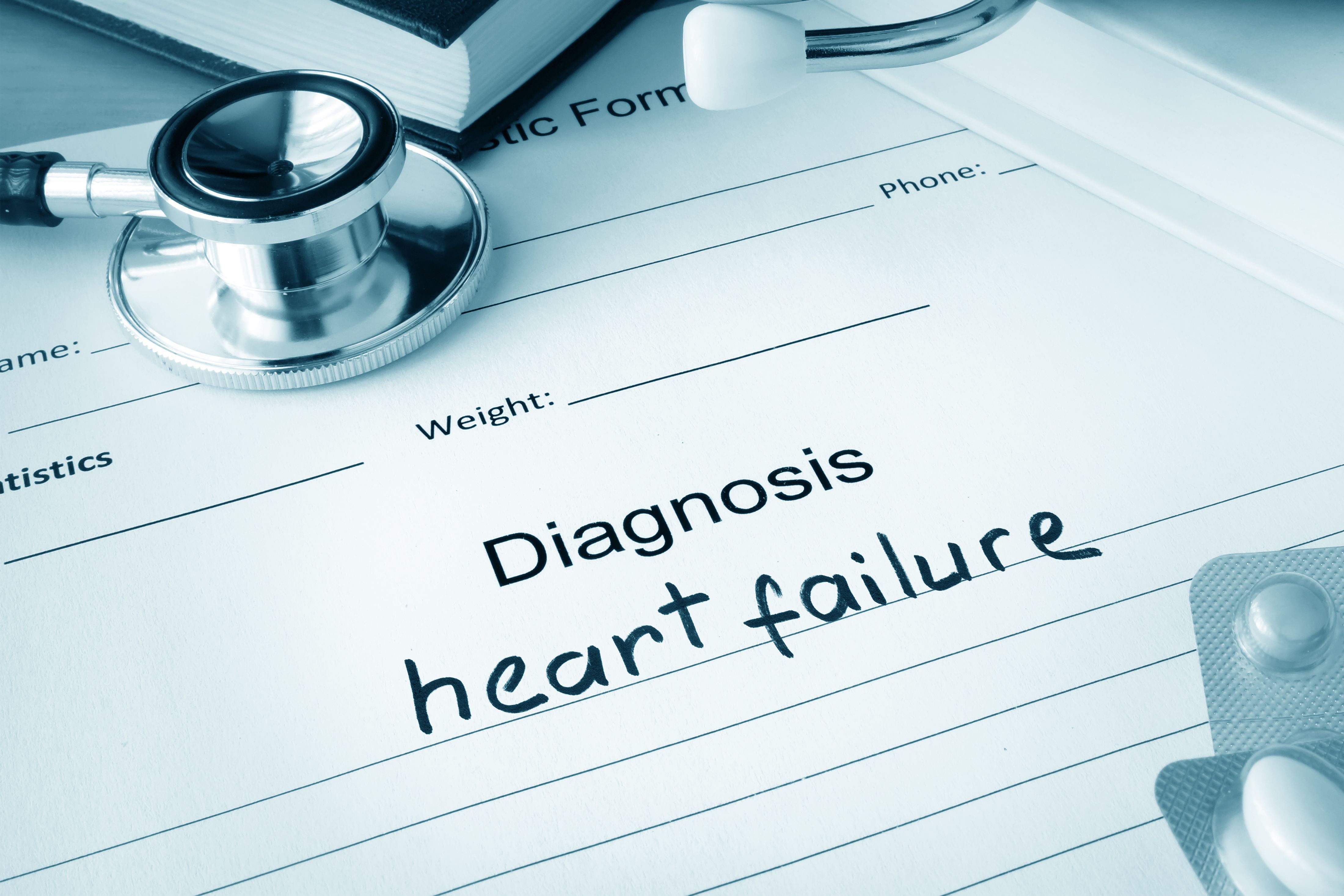Publication
Article
Cardiology Review® Online
Continuing Medical Education Exam
“Early Statin Treatment after Acute Myocardial Infarction”
Target: CAD & Lipids
Evaluate the effect of early statin treatment on heart failure and ischemic events in patients with acute myocardial infarction (MI) and ST-segment elevation following percutaneous coronary intervention.
Learning objectives
1. It has been reported that in patients with established coronary artery disease other than acute coronary syndrome and in those with ____ cardiomyopathy, some statins are effective in preventing heart failure events.
a hypertrophic
b dilated
c ischemic
d restrictive
2. In the study by Sakamoto and colleagues, which evaluated the effect of early statin treatment after acute MI, the total cholesterol levels of patients receiving conventional therapy without statins were reduced by ____ at 6 months. In the statin group, however, the total cholesterol levels were reduced by ____ at 6 months.
a 3%; 4%
b 4%; 17%
c 1%; 13%
d 8%; 27%
3. In this study, there was a lower risk of _____ requiring emergent rehospitalization in the group taking statins.
a stroke
b acute MI
c myocardial ischemia
d congestive heart failure
4. The positive effects of statins in this study, especially the prevention of unstable angina, may have been the result of a (an) _____.
a improvement in endothelial function
b reduction in plaque volume
c inhibition of smooth muscle cell proliferation
d reduction in platelet aggregation
5. This study demonstrated that among the 486 patients with acute MI and normal cholesterol levels, administration of statins within ____ hours of symptom onset resulted in a lower risk of congestive heart failure and symptomatic myocardial ischemia.
a 96
b 72
c 48
d 24
Questions
Target: CAD
Compare the risk-benefits and outcomes of 2 treatment strategies for acute coronary syndrome—aspirin plus warfarin versus aspirin alone.
Learning objectives
1. Findings from the meta-analysis conducted by Andreotti and Testa to define the risk-benefit profile of aspirin plus warfarin versus aspirin alone in patients recovering from acute coronary syndrome showed that, overall, combination therapy with aspirin plus warfarin increased the risk of major bleeding (in absolute terms) _____ versus ______ with aspirin alone.
a 2.5%; 1.4%
b 2.20%; 1.37%
c 8.5%; 7.2%
d 9.0%; 7.4%
2. The analysis limited to studies that used international normalized ratio (INR) values between 2 and 3 showed that although combination therapy did not markedly improve all-cause mortality compared with aspirin alone, it correlated with a _____ decrease in the risk of nonfatal MI.
a 16%
b 28%
c 36%
d 59%
3. The results of the restricted analysis suggest that allocating 1000 patients to combination therapy at INR values between 2 and 3 would prevent approximately ______ major adverse events.
a 15
b 20
c 30
d 35
4. Currently, the administration of oral anticoagulants to ischemic heart disease patients is recommended for all but which of the following clinical conditions?
a intracardiac thrombi
b atrial fibrillation
c cerebrovascular disease
d recurrent thromboembolism
5. The Clopidogrel in Unstable Angina to Prevent Recurrent Events (CURE) trial showed that there was a _____ relative reduction in the combined rate of nonfatal stroke, nonfatal MI, and cardiovascular death with dual antiplatelet therapy compared with aspirin alone after 9 months.
a 10%
b 20%
c 25%
d 28%
Questions






